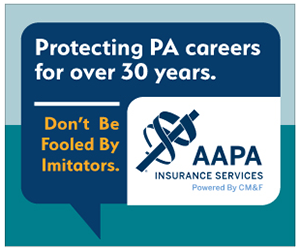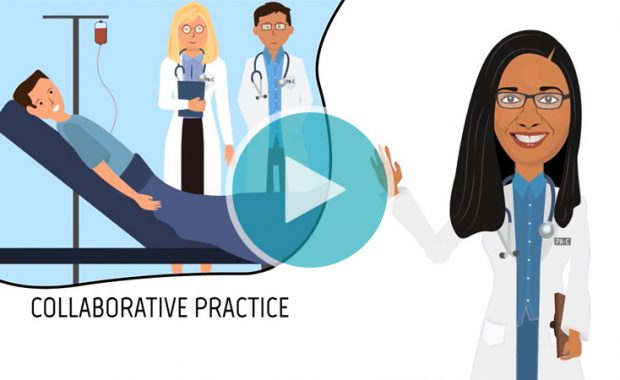Career Resources
PA Scope of Practice
PAs are proven and integral members of the U.S. healthcare system. But what exactly do PAs do? And who decides? The boundaries of each PA’s scope of practice are determined by these parameters: education and experience; state law; policies of employers and facilities, and the needs of the patients.
Specialty Transitions: Researching the Best Options for You
PA Career Coach Jennifer Hohman frequently works with clients who are considering changing their specialty. Find out how she helps her clients find the right specialty for them through careful self-assessment, research, and networking.

How to Tailor Your Job Application for a Specialty Transition
Any successful career transition is rooted in self-knowledge, curiosity and a zestful movement towards what inspires you as a clinician. PAs have unique career journeys given their ability to navigate specialty transitions that can be both exciting and daunting.

Fact-Checked: Myths About Malpractice Insurance
AAPA has partnered with CM&F for more than 20 years to provide trusted insurance protection for PAs’ assets and careers. To help you understand the complexities of malpractice insurance, they debunk five of the most common myths they hear from PAs.

What PAs Need to Know About Malpractice Insurance
All clinically practicing PAs should carry professional liability coverage, often called malpractice insurance, during all time periods in which they practice. But the ins and outs of malpractice insurance can be confusing, so we have the official answers to nine of your most frequently asked questions.

AOP Guide
Explore a new career direction or specialty with this collection of AAPA and partner resources, salary data, and CME on various practice areas, including Administration, Dermatology, Education, Emergency Medicine, Family Medicine, Hospital Medicine, Internal Medicine, Orthopaedic Surgery, Telemedicine, and Urgent Care.

Protecting Your Assets and Your Career
Learn basic concepts of medical malpractice law, how they apply to PAs, and how you can transfer malpractice risk away from the PA’s personal assets.

Video: Educating Employers About PAs
Be ready to educate your current and future employers about working with PAs using these talking points.

Sponsored
Why I Changed Specialties as a PA
One of the major advantages of becoming a PA is that it is relatively easy to change from one specialty to another without the need for new certification. More than 50% of PAs will change specialties during their careers, according to AAPA’s Salary Report.
PAs and Team Practice
A summary of PAs in team-oriented care models.
Explaining PA Practice to Employers
Be ready to explain PA practice to potential employers and share the ways you can contribute to medical care.
PAs and Consent to Settle
AAPA Insurance offers consent to settle with no hammer clause, and might be the right choice for you.

What is a PA?
What is a PA (physician associate/physician assistant)? PAs are licensed clinicians who practice medicine in every specialty and setting.
Competencies for the Physician Associate Profession
Professional competencies for physician assistants include the effective and appropriate application of medical knowledge, interpersonal and communication skills, patient care, professionalism, practice-based learning and improvement, and systems-based practice.

